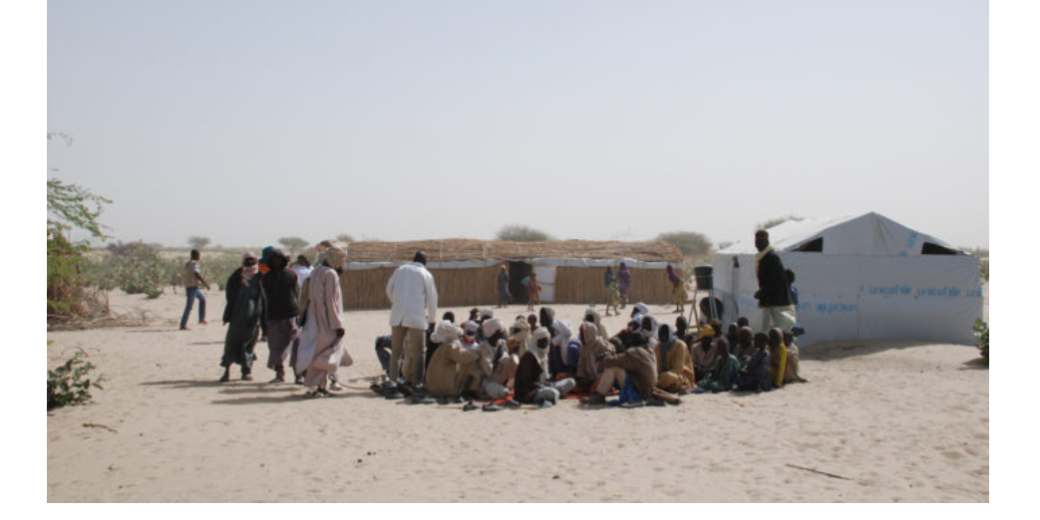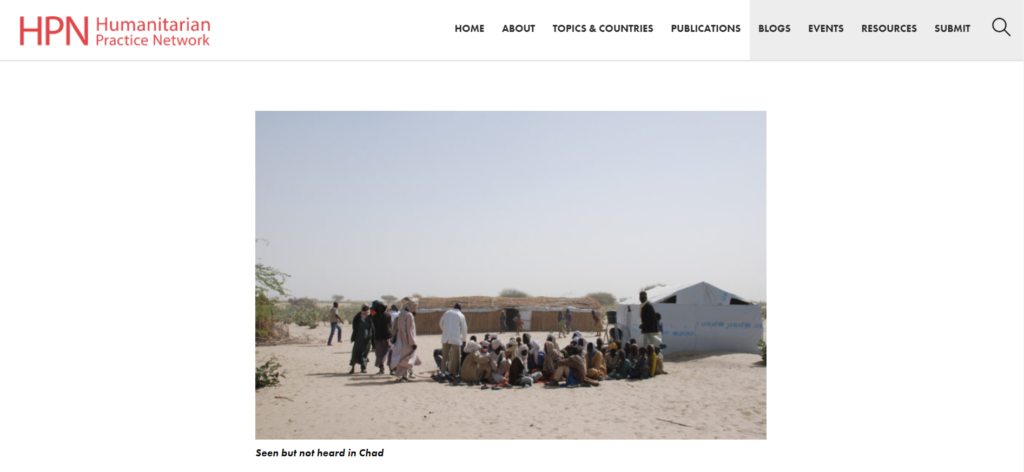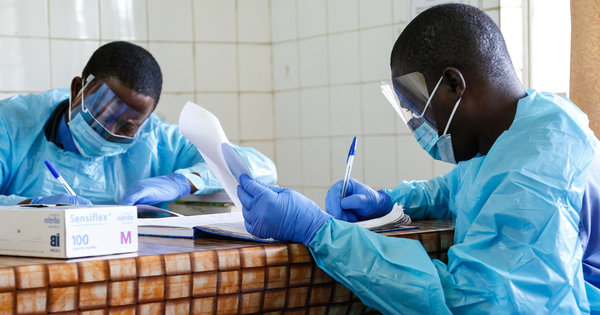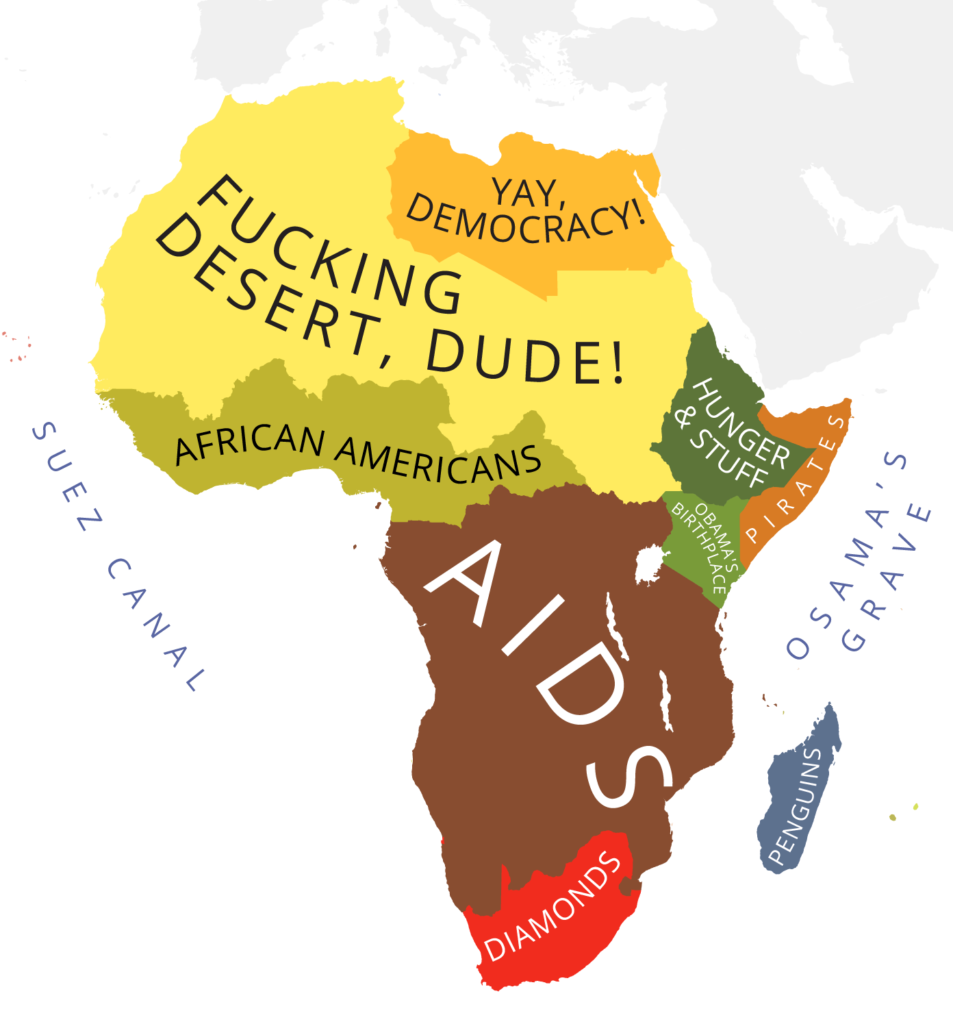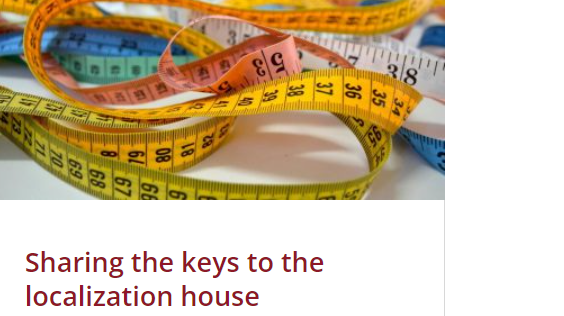Who is accountable and localization: five great reflection articles of April 2021
A short introduction to this month’s selection. At first, a blog titled Everyone’s doing stuff but nobody’s accountable – will Grand Bargain 2.0 set us right? With additional blogs on coordination and localization, with a great call from GPPi to change. Develop a Localization Index to move forward. Also, something for all to reflect on, a blog exactly a month old, but as relevant as ever. Awareness and reflections on decolonization on how headlines and recycling many clichés are still prevalent today.
Everyone’s doing stuff but nobody’s accountable – will Grand Bargain 2.0 set us right?
The international humanitarian community is gearing up for a reset of the Grand Bargain. The review is on cue. Over the past couple of decades, new humanitarian reform initiatives have succeeded one another every five years or so. The challenge for negotiators now is to ensure that Grand Bargain 2.0 breaks out of this relentless boom-to-bust reform dynamic and provides a credible pathway to change.
Putting people at the centre is acknowledged as essential, yet the prevailing approach to accountability to affected people (AAP) cannot deliver this. It is built around mechanisms like helplines, communication projects and other discrete activities loosely overseen by accountability working groups. These mechanisms and activities may add value, although research carried out in the context of the Grand Bargain in 2019 shows comparatively few operational stakeholders believe they are worth pursuing in the face of other priorities. Even if there were more buy-in, these activities are not enough to be transformational in the sense of the Participation Revolution, a pillar of the Grand Bargain that aims to establish aid recipients’ influence in decision-making.
Protocols over politics: 3 lessons on coordination from the 10th Ebola outbreak in DRC
The ALNAP lessons paper ‘Responding to Ebola epidemics’ found a lack of consensus across existing research about which coordination model is most effective in Ebola responses. The only clear lesson that emerged from available documents was a need to ‘clarify roles and responsibilities for all actors in each context’ in future humanitarian responses to Ebola. Newly published research asks: are roles and responsibilities the only issue at play?
Kerrie Holloway writes about this in her blog at ALNAP. Recent HPG research into the leadership of this epidemic found that the primary issue was not a lack of clarity around roles and responsibilities, but rather a fundamental disagreement between key stakeholders over what kind of response it should be and thus who should be in charge. Holloway elaborates on three lessons:
- Prioritise the response, not organisational politics.
- Follow the protocols properly.
- Focus on the true objective: long-term health capacity.
Read full article here.
In honour of the 2021 International Women’s Day and Women History Month, the HOT Community Working Group (WG) organized two webinars: #ChooseToChallenge: Sexism and Misogyny in the Open Mapping Ecosystem. In this news update they inform you about the sessions highlights. Why it is so important to talk about this subject? What is the current state of sexism and misogyny within the map and in the mapping community? What roles do local and cultural differences play? Do we need a Code of Conduct (CoC)? How do we envision the future of Open Mapping in terms of inclusion?
But also how we could take action against sexism and misogyny in Open Mapping. Lessons learned to encourage women to lead and participate (obviously). How to listen and participate in dialogues, and very importantly examine your own behaviours and be mindful towards you own bias. Many great resources shared on this topic too. Enough to read and follow up on!
Let’s Decolonize the Coronavirus
One from exactly a year ago, but worth a read. In a dispatch from their lockdown in Kigali, two UK-based researchers Andrea Filipi and Katrin Wittig reflect on the international media coverage of the Coronavirus pandemic and Africa. They argue that the coverage has recycled stereotypical portrayals of Africa, and that the West may be losing an opportunity to rethink itself and its relationship with the continent.
Ladies and gentlemen, Africa is – once again – burning. ‘Chinese Virus: the catastrophic scenario of an infection in Africa’. ‘Africa meets pandemic with violence, confusion’ or ‘Coronavirus is an existential threat to Africa and her crowded slums’ are just a few of the headlines we’ve been reading in the international press over the past few months. The coronavirus pandemic has become the latest incarnation of the persistent discourse about the continent’s destiny to fail.
Sharing the keys to the localization house
EU Commissioner Janez Lenarčič’s recent musings that “the biggest barrier to localization is the capacity of local actors” attracted a good dose of well-deserved criticism. But one aspect of this debate does not get enough attention: the humanitarian sector handed the keys to greater localization to international organizations. Progress now entirely depends on their willingness to let go of power, which they have no incentive to do. That needs to change – with a Localization Index.
